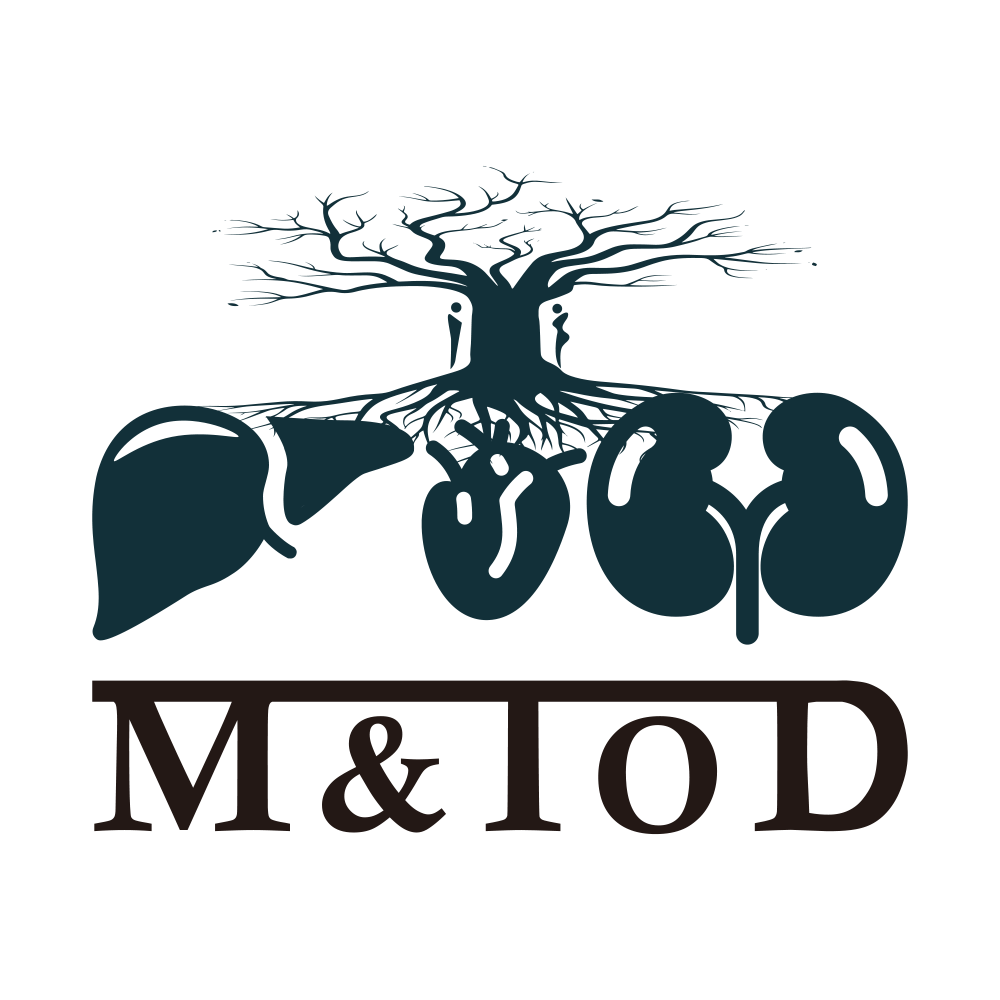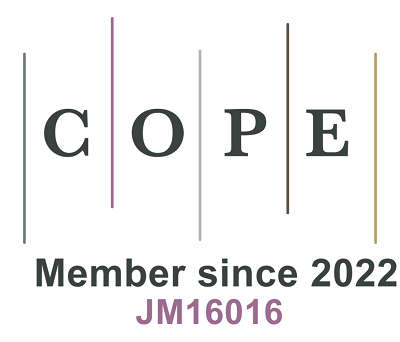
Topic: Obesity and Its Associated Metabolic Disorders: Insights Across Organ Systems
A Special Issue of Metabolism and Target Organ Damage
ISSN 2769-6375 (Online)
Submission deadline: 30 Nov 2025
Guest Editor
Special Issue Introduction
Obesity is a chronic metabolic disease characterized by excessive accumulation and abnormal distribution of body fat, often accompanied by weight gain. It results from a complex interplay of genetic, endocrine, and environmental factors. Today, obesity has become a global health crisis, significantly impacting human health and quality of life. Currently, 2.2 billion adults worldwide are classified as overweight (BM I≥ 24 kg/m²) or obese (BMI ≥ 28 kg/m²), accounting for 42.3% of the global adult population. Projections indicate that by 2035, this figure could rise to 3.3 billion, or 54.2% of adults worldwide.
Obesity not only compromises individual well-being but is also closely linked to a variety of metabolic diseases. Interactions across multiple organ systems play a crucial role in the onset and progression of obesity and its related metabolic disorders. Gaining in-depth insight into these intricate inter-organ mechanisms is vital for advancing our understanding of obesity and its comorbidities, and for developing effective prevention and treatment strategies. To promote academic exchange and drive research progress in this important field, we invite researchers and medical professionals worldwide to submit original contributions to this Special Issue.
Scope of the Topic
● Pathophysiological Mechanisms: Studies investigating the molecular, cellular, and physiological changes in various organs (such as the liver, adipose tissue, pancreas, and skeletal muscle) resulting fromobesity, and how these changes contribute to metabolic disorders like insulin resistance, dyslipidemia, and hyperglycemia.
● Inter-organ Communication: Research on signaling pathways and mediators involved incommunication between organs in the context of obesity-related metabolic disturbances. Topics may include the role of adipokines, cytokines, and exosomes in cross-talk between adipose tissue and other organs.
● Clinical Implications: Clinical studies addressing the diagnosis, treatment, and prevention of obesity-related metabolic disorders from a multi-organ perspective,including the evaluation of novel therapeutic strategies and their effects on organ function.
● Environmental and Lifestyle Factors: Research examining how environmental and lifestylefactors (such as diet, physical activity, and stress) interact with organ systems to influence the onset and progression of obesity and associated metabolic disorders.
● Sex differences in obesity: Investigations into sex-basedDifferences in the Epidemiology of Obesity, Fat Distribution, Hormonal Influence, Genetic and Molecular Factors, Sex-Specific Metabolic Disorders, Life Stage-related impacts, and Treatment Considerations.
● Psychological and psychiatric aspects of obesity:Studies addressing issues such as Stigma and Discrimination, Body Image Concerns, stress and Coping Mechanisms, Depression and Anxiety, Eating Disorders, the effects of Psychiatric Medications, and Integrated Treatment Approaches.
Submission Guidelines
● Manuscripts should be submitted through our online submission system.
● Submissions must be original, unpublished, and not under consideration elsewhere.
● All manuscripts should follow the journal’s formattingand style requirements.
We look forward to receiving your valuable contributions and to advancing knowledge in this critical area of research.
Submission Deadline
Submission Information
For Author Instructions, please refer to https://www.oaepublish.com/mtod/author_instructions
For Online Submission, please login at https://www.oaecenter.com/login?JournalId=mtod&IssueId=mtod25053010108
Submission Deadline: 30 Nov 2025
Contacts: Alani Luo, Managing Editor









